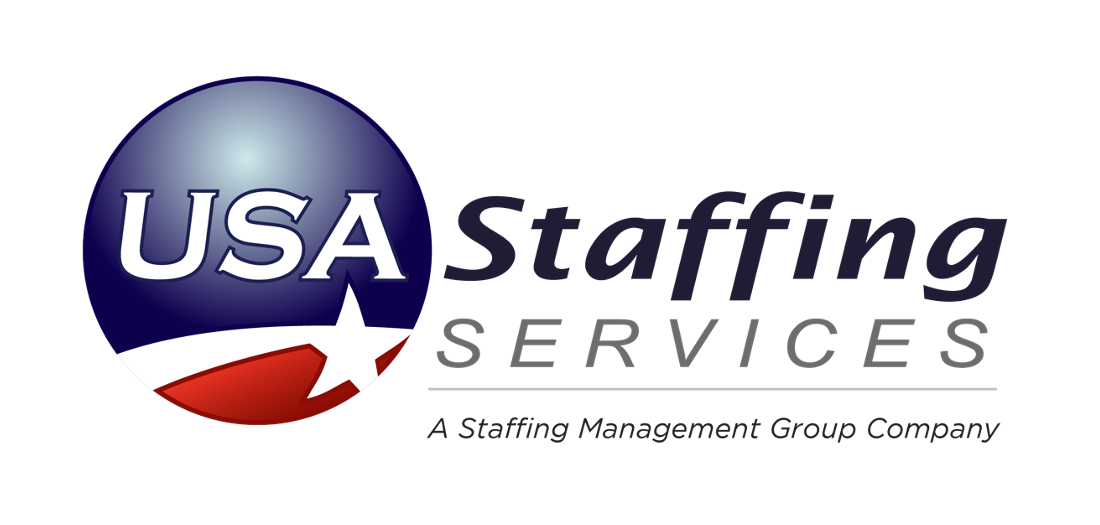Many people dream of career success, but few take the time to map out a clear path to achieve it. Setting career goals is the first and most crucial step in transforming those dreams into reality. It provides direction, motivation, and a framework to measure progress. But with so many options and uncertainties, how do you set effective career goals and chart your course for the future?
1. Self-Reflection & Exploration:
- Identify your values and passions: What matters most to you in a career? Do you prioritize financial stability, work-life balance, creative freedom, or making a positive impact on the world? Reflecting on your core values will help you identify career paths that align with your deepest aspirations.
- Explore your interests and skills: What are you naturally good at? What do you enjoy doing? Take personality and skills assessments to gain insights into your strengths and potential career paths.
- Research potential careers: Learn about different industries, job roles, and career paths that align with your interests, values, and skills. Read industry publications, shadow professionals, and connect with people working in your target field.
2. Define SMART Goals:
- Specific: Clearly define your desired outcome. What do you want to achieve in your career? Be specific and avoid vague aspirations.
- Measurable: Establish metrics to track your progress. How will you know if you’re on the right track?
- Attainable: Set realistic and achievable goals. Don’t aim for the impossible right away; break down long-term goals into smaller, more manageable milestones.
- Relevant: Ensure your goals are aligned with your values, interests, and overall career vision.
- Time-bound: Set deadlines for achieving your goals. This creates a sense of urgency and helps you stay focused.
3. Develop a Roadmap & Action Plan:
- Create a timeline: Break down your long-term goals into smaller, actionable steps. Set realistic timelines for achieving each milestone and map out the resources and support you need along the way.
- Identify key skills and knowledge: Determine the skills and knowledge required to achieve your goals. Identify educational programs, training courses, or certifications that can help you bridge the skill gap.
- Build your network: Connect with professionals in your target industry. Seek mentors who can offer guidance and support throughout your career journey.
- Research job opportunities: Actively search for job openings that align with your skills and goals. Consider internships, volunteer opportunities, or freelance projects to gain relevant experience.
4. Monitor Progress & Adapt:
- Regularly review your goals and progress. Track your progress against your milestones and make adjustments as needed. Be flexible and adapt your plan based on new skills you acquire, changes in the industry, or unforeseen opportunities.
- Celebrate your achievements. Take the time to acknowledge your successes, no matter how small. This will boost your morale and motivate you to keep moving forward.
- Seek feedback and support: Don’t hesitate to ask for feedback from mentors, colleagues, or career coaches. They can offer valuable insights and help you stay on track.
Setting career goals is a dynamic process, not a one-time event. By reflecting on your values, exploring possibilities, setting SMART goals, and developing a roadmap, you can navigate your career journey with clarity and confidence. Remember, success is a continuous journey, not a destination. Embrace the challenges, learn from your mistakes, and constantly strive to improve and grow. With dedication and perseverance, you can map out your career path and achieve your full potential.
